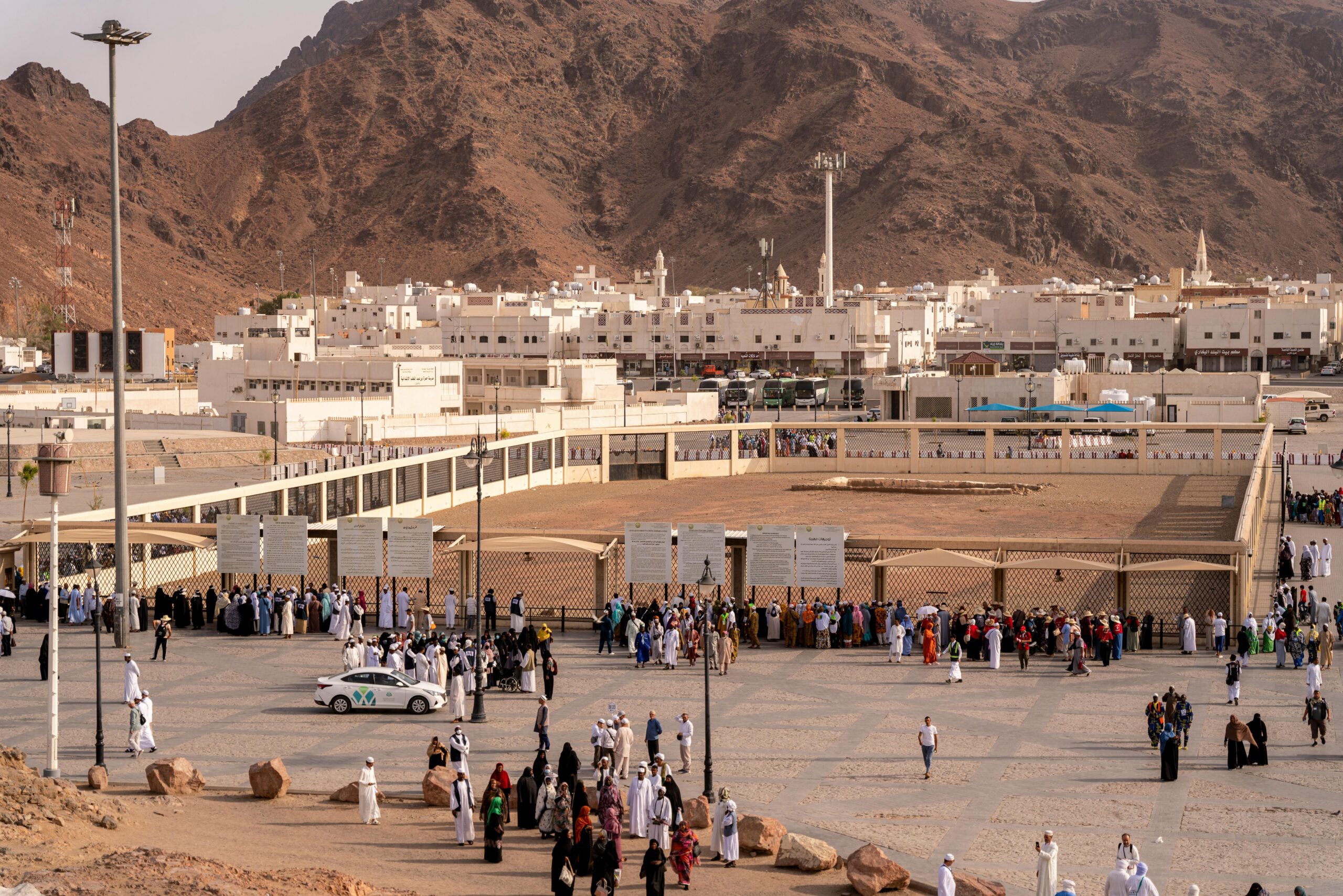Saudi Arabia is ushering in a new era for its workforce with transformative visa reforms taking effect in July 2025. These changes are not merely administrative tweaks; they are a cornerstone of the Kingdom’s ambitious Vision 2030 – a strategic blueprint to diversify its economy beyond oil and position itself as a global economic powerhouse.
What’s Changing? A Tiered Approach to Talent
At the heart of the new system is a skill-based classification designed to strategically attract and retain expertise. Expats will now be categorized into three distinct levels:
- High-Skilled: Professionals with top qualifications, extensive experience, and higher salaries. This group is likely to benefit from streamlined processes and easier renewals.
- Skilled: Individuals with valuable expertise in technical trades and supervisory roles.
- Basic: Workers in entry-level or less specialized roles.
This structured approach aims to create a more efficient and targeted immigration system, directly supporting the Kingdom’s mega-projects such as NEOM, Qiddiya, and The Red Sea Project, which are hungry for specialized talent.
Impact on Expats: Opportunities and New Realities
While the reforms promise significant advantages for professionals, particularly those in high-demand fields, they also introduce new considerations:
- For High-Skilled Professionals: Expect potentially easier visa renewals and smoother sponsorship processes, as the Kingdom seeks to roll out the red carpet for top global talent.
- For Lower-Wage Workers: These changes could mean stricter requirements, increased documentation, and potentially more complex processes for visa applications and job transitions.
New Mandates for Businesses: Compliance is Key
Saudi companies are also facing updated responsibilities under the new rules. They must ensure:
- Educational credentials of employees precisely match their job roles.
- Salaries are aligned with the new skill-based tiers.
- Contracts are correctly uploaded and managed through the digital Qiwa platform, enhancing transparency and accountability.
A Step Towards a Modern Labor Market
These reforms signify a profound evolution away from traditional labor frameworks, moving towards a more transparent, traceable, and fair labor market. While elements requiring employer approval may still persist for some lower-skilled expats, the overall direction is clear: Saudi Arabia is committed to building a robust, diversified economy powered by a skilled and well-regulated workforce. This is a bold declaration of intent, setting the stage for the Kingdom’s economic future.

